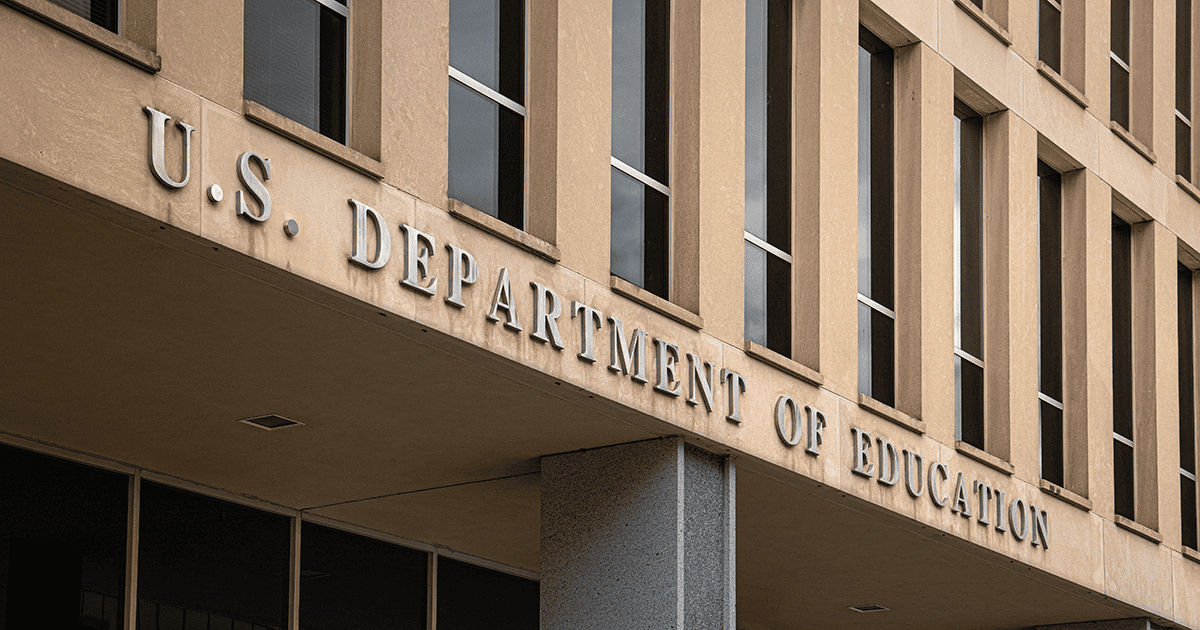As part of its advocacy efforts, the Academy has developed two critical issue briefings on third party administrators (TPAs) and hearing screenings. These resources provide policymakers with essential information on these issues and the Academy’s legislative priorities. While also serving as a resource for our members on key challenges affecting the profession and patient care.
Third Party Administrators: Restricting Access to Hearing-Health Care
Originally created to streamline health care benefits, TPAs have expanded their influence, often at the expense of patient choice and provider autonomy. TPAs may dictate provider networks, limit available hearing aid brands, and impose restrictive reimbursement structures that create financial and administrative burdens for audiologists. Patients are frequently misinformed about their coverage, leading to unexpected costs and reduced access to necessary hearing care. The Academy’s briefing calls for increased transparency and protections against TPAs steering patients toward specific devices or providers.
Hearing Screenings: Addressing Gaps in Early Detection and Access
Untreated hearing loss has far-reaching consequences, from cognitive decline in older adults to speech and learning difficulties in children. While newborn hearing screenings are widely implemented, there is no federal mandate for school-age hearing screenings, leaving gaps in early detection. Additionally, Medicare does not currently cover routine hearing screenings for adults, despite growing evidence that early intervention improves overall health outcomes. The Academy’s briefing advocates for standardized screening protocols across all age groups and increased access to audiologists.
Bringing Audiology Priorities to Capitol Hill
These issue briefings not only serve as leave-behinds for congressional offices but also provide members with the knowledge needed to advocate for meaningful policy changes. By raising awareness about the challenges posed by TPAs and the critical need for improved hearing screenings, the Academy continues to push for policies that protect patient access and enhance hearing healthcare for all.
Please view our issue briefings in full.
Recent Posts
Allergies in U.S. Adults
Individuals who live in colder areas of the country may be eagerly awaiting the arrival of spring and its associated warmer weather. Others may be…
Securing Federal Loan Access for Audiology Students: Comments Close March 2
The Academy is pursuing a two-pronged strategy through Congress and the Department of Education to protect federal student loan access for AuD students. Both pathways…
Rock the PAC: An Evening of Music, Networking, and Advocacy
This content is an exclusive benefit for American Academy of Audiology members. If you’re a member, log in and you’ll get immediate access. Member Login…


